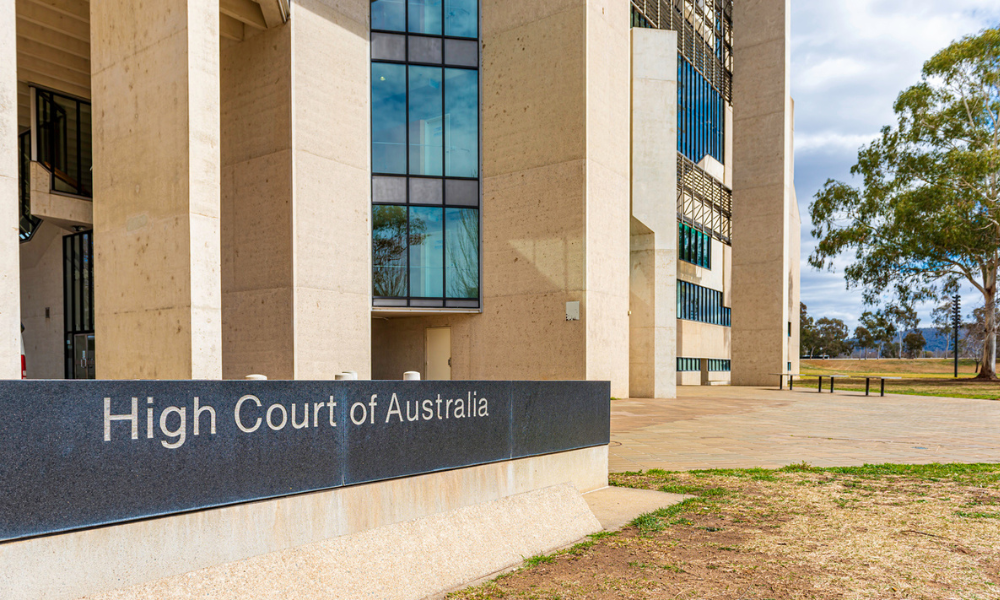Cases must be decided on merits and according to law, the Bar says

The Liberal Party election promise to put Victorian judicial officials under the microscope has been slammed by the Victorian Bar as simplistic and lacking context.
“The experience of Victoria's barristers is that the overwhelming majority of judges and magistrates are very hard-working, often in difficult and stressful circumstances. While judicial officers and courts must expect public scrutiny of their work, every case they hear is unique,” Victorian Bar President Dr Matthew Collins QC said.
The party has vowed that if Matthew Guy wins on Saturday, they would spearhead the quarterly publication of what they describe as “performance” information on individual judges and magistrates. The information will be regularly reviewed by a revamped Judicial Commission, the party said.
The data includes judges’ and magistrates’ court sitting times, time taken to deliver decisions, decision and sentencing records, and number of judgments overturned on appeal. The quarterly publication will also compare convictions and sentencing for similar offences in different courts. It will also compare sentences of the state’s courts to those handed down by courts in other states for similar offences.
“The community expects court cases to be decided on their merits and according to law,” Collins said. “Simplistic quantitative analysis of the kind proposed would not take account of qualitative measures relevant to productivity, such as the nature, complexity or duration of the cases, or the number of witnesses, parties or documents tendered in evidence. In relation to sentencing, every case is different. It is not meaningful to compare average sentences, without regard to the circumstances of individual offences and offenders.
“The Victorian justice system is already among the most open and scrutinised institutions in the country, with a range of existing mechanisms, from the ability of every person to enter a courtroom and watch justice being dispensed, to the increasing use of online streaming for decisions, to the Judicial Commission, which was established to manage allegations of judicial misconduct,” he said.










